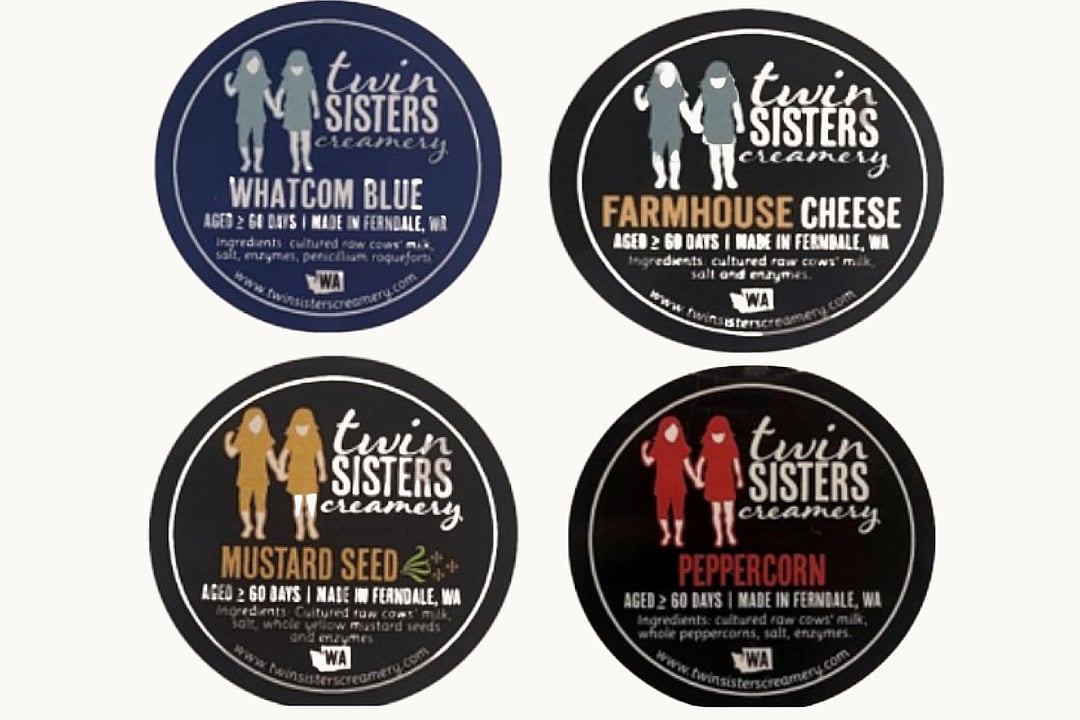By I. Edwards HealthDay Reporter

MONDAY, Nov. 24, 2025 (HealthDay News) — Several raw milk cheeses from a Washington creamery are being recalled after links to E. coli infections in two states.
Twin Sisters Creamery, based in Ferndale, Washington, is voluntarily recalling four products: Whatcom Blue, Farmhouse, Peppercorn and Mustard Seed cheeses.
All were made with unpasteurized (raw) milk and aged for at least 60 days.
The recall comes after testing found Shiga toxin–producing E. coli (STEC) and E. coli O103 in some samples.
So far, three people in Oregon and Washington have been sickened.
One patient in Oregon reported eating Twin Sisters Farmhouse cheese before becoming ill.
Experts warn that STEC infections can be very serious, especially for young children, older adults and people with weakened immune systems.
The E. coli O103 strain can cause severe stomach cramps, bloody diarrhea and vomiting, usually within 1 to 10 days after exposure. In severe cases, it can lead to hemolytic uremic syndrome (HUS), a life-threatening condition that can cause kidney failure, according to a company statement.
The company started the recall after a third-party lab found E. coli O103 in Farmhouse cheese and the Washington State Department of Agriculture and the U.S. Food and Drug Administration (FDA) detected STEC in Whatcom Blue samples.
The affected 2.5-pound cheese wheels were shipped to distributors in Washington and Oregon between July 27 and October 22, 2025.
Some may have been repackaged into smaller pieces and sold under different lot numbers or expiration dates.
Affected batch codes include:
250527B – Whatcom Blue
250610B – Whatcom Blue
250618B – Whatcom Blue
250624B – Whatcom Blue
250603F – Farmhouse
250616B – Farmhouse
250603P – Peppercorn
250616M – Mustard Seed
Health officials warn that some of the recalled cheese may still be in home refrigerators or freezers.
Consumers should not eat the cheese. Instead, throw it away and clean and disinfect any surfaces it touched.
Anyone who becomes sick after eating the cheese should contact a medical professional.
Twin Sisters Creamery says customers can return the products for a full refund.
More information
The Mayo Clinic has more on E. coli.
SOURCE: The U.S. Food and Drug Administration, Oct. 27, 2025
Back

The news stories provided in Health News and our Health-E News Newsletter are a service of the nationally syndicated HealthDay® news and information company. Stories refer to national trends and breaking health news, and are not necessarily indicative of or always supported by our facility and providers. This information is provided for informational and educational purposes only, and is not intended to be a substitute for medical advice, diagnosis, or treatment.






